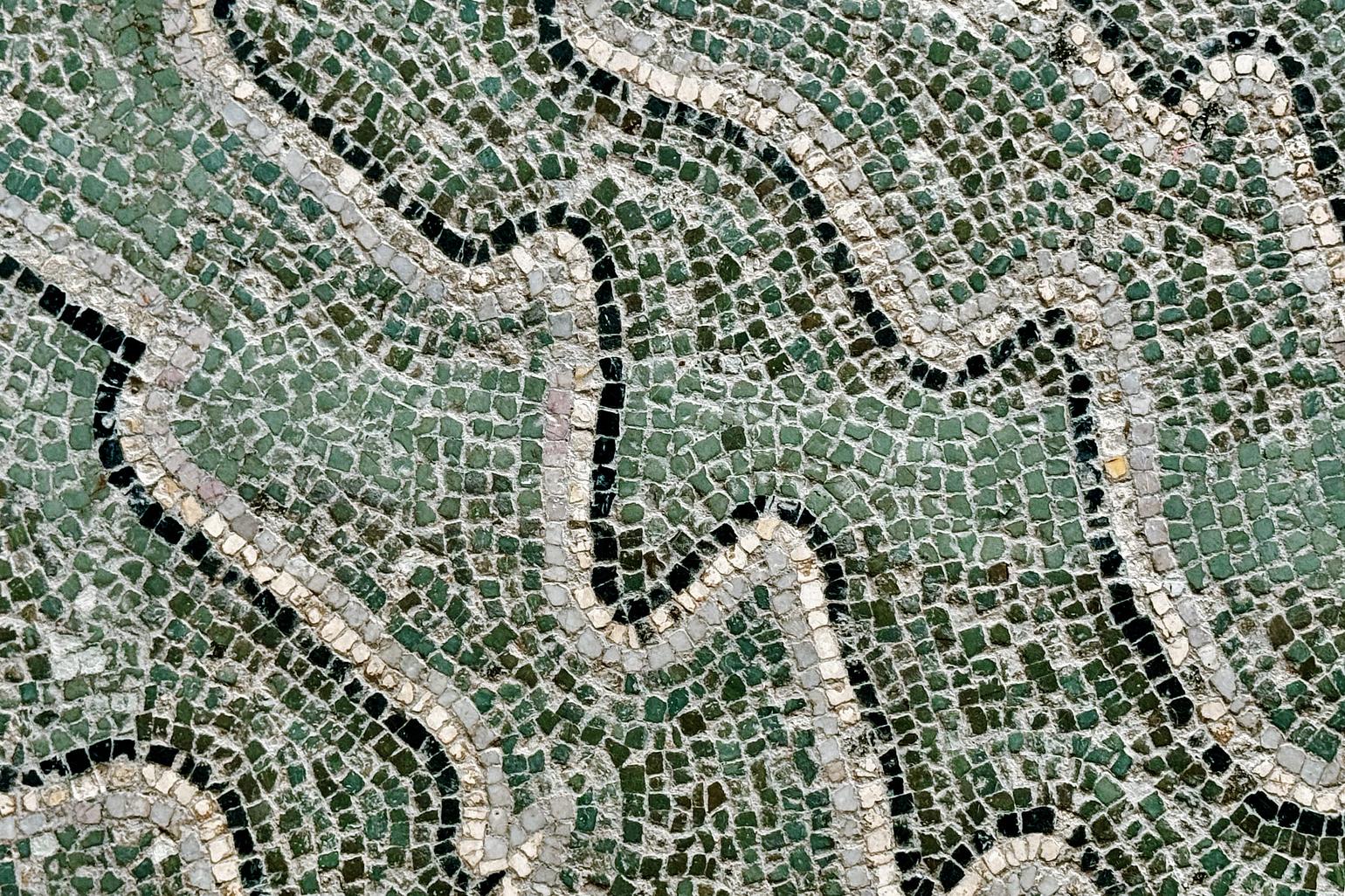
I had a conversation last week with a friend about people in positions of power, and at some point I quoted the “power corrupts” adage. You know the one. It’s from a critique of the moral accountability of those in power by Lord Acton, written in 1887:
Power tends to corrupt and absolute power corrupts absolutely. Great men are almost always bad men, even when they exercise influence and not authority: still more when you superadd the tendency or the certainty of corruption by authority.
After half a laugh and then a brief silence, my friend looked at me seriously and said, “If you listen to the ancient Greeks, they had a bit of a different take: Power reveals the person.”
After that conversation, I went on a bit of a research spree. While there isn’t a direct quote to be found, the saying is often attributed to Plato’s writings, especially in the story of the Ring of Gyges in Republic. Aristotle also explored ideas about how circumstances, including power, test and reveal a person’s moral character. Power doesn’t create flaws or virtues. It magnifies what is already there, testing a person’s resilience, integrity, and moral compass.
This reflection feels especially relevant amid January 2025’s political transitions in Washington DC and how people are reacting to the shifting landscape, especially our titans of industry. But, the idea isn’t just a lens for observing the powerful. It can be a useful mirror for our own lives.
We reveal ourselves in how we use the power we hold, however large or small. Actions reflect character. We should make sure it’s the character that we want it to be, and that we are using our power in the best way possible.
Even then, we should constantly ask ourselves: for whom do we use our power?